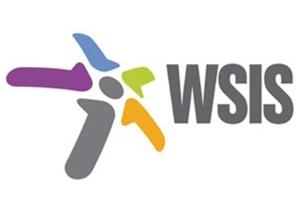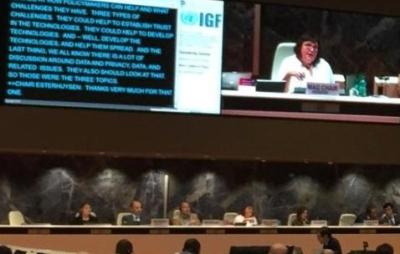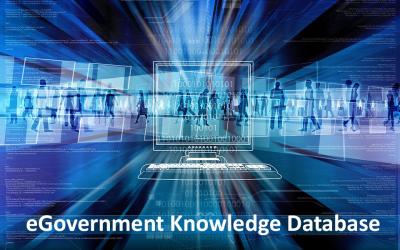The 2030 Agenda for Sustainable Development and the Sustainable Development Goals (SDGs) have embraced the spread of Information and Communication Technologies (ICTs) and global interconnectedness as having great potential to accelerate human progress, to bridge the digital divide and to develop knowledge societies. Governments worldwide are now cognizant of the power of ICTs and digital government for the advancement and transformation of public institutions, and the public-sector landscape more broadly, and their service delivery capabilities.
Digital government can play a role in building effective, inclusive and accountable institutions to support policy making and service delivery for the SDGs. Our Division supports digital government development for responsive, efficient, effective and equitable delivery of public service to all people, building public trust and ensuring transparency, participation and collaboration in the development process.
In the context of the rapid pace and change in technologies relevant to digital government, this work is essential. ICTs are constantly evolving and are dramatically transforming societies, cultures and economies. The world has seen rapid advancements and changes of technologies in the ICT ecosystem such as social media, big data and the Internet of Things. Mobile technologies and broadband connectivity, already common in developed countries, are now also extending rapidly in developing countries and emerging markets. Social networks have made profound changes and impacts on the ways people interact with one another and with their governments. Open government data and cloud computing, coupled with the use of mobile devices, have further enriched the ICT ecosystem.
 Welcome to the United Nations
Welcome to the United Nations






